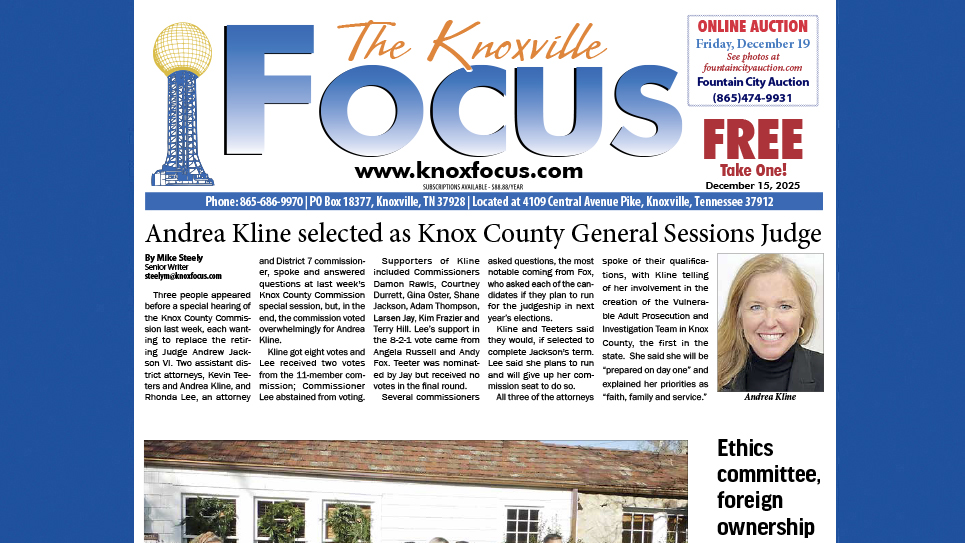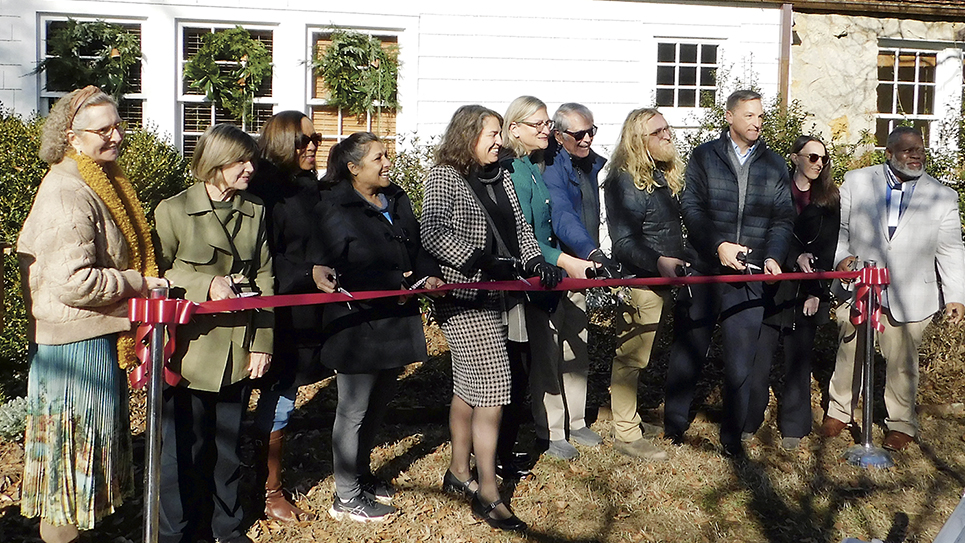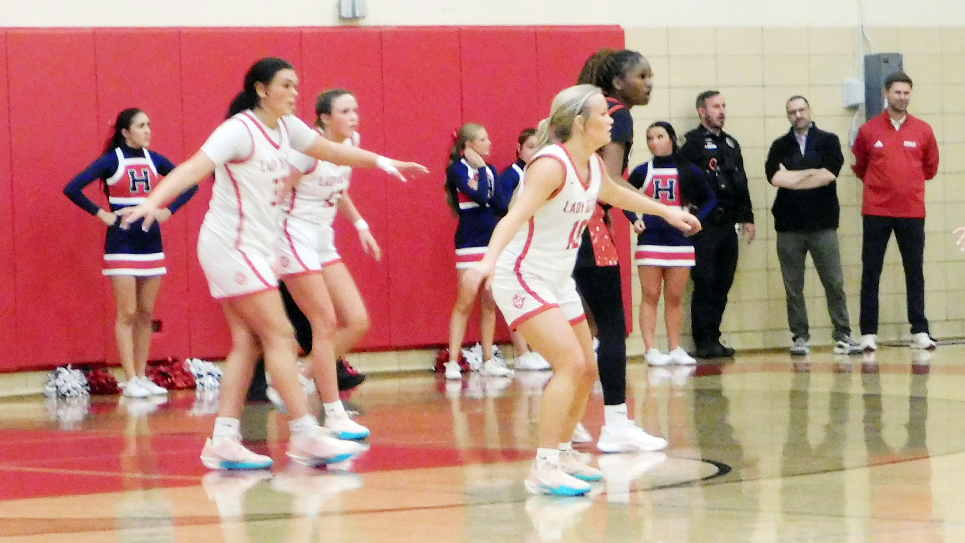By Sally Absher
sallyabsher@knoxfocus.com
The Board of Education finished up their first mid-month work meeting of the year last week in what may be a record breaking 5 hours and 36 minutes.
The board discussed important topics including the SAT-10 assessment; the collaborative conferencing process under PECCA; substitute teacher shortages; and a proposed evaluation rubric for the Superintendent.
Karen Carson also spent nearly an hour cross-examining County Law Director Bud Armstrong about several of his recent legal opinions.
The SAT-10 assessment is not required by the state but is mandated in Knox County for grades K-2. The discussion was requested by Amber Rountree, who along with Terry Hill and Patti Bounds (all former KCS employees), campaigned on reducing high-stakes testing for the youngest students.
Rountree has asked Chairman McMillan to schedule a special call meeting for this week to vote on whether KCS should continue to mandate the SAT-10, before the tests are ordered. McMillan is working to get the meeting scheduled.
She said she expected the discussion last week to be limited to SAT-10. However, Dr. McIntyre invited a cadre of folks from Curriculum & Instruction, who gave an hour-long, 66-page PowerPoint presentation titled “Student Assessment – Overview and Relationship to Teaching and Learning Cycle.”
Rountree and others are not advocating doing away with assessments altogether. The SAT-10 test is promoted as a means to assess if a child is ready to enter third grade. Studies show that kids who are behind their peers at grade 3 have a four-times higher likelihood of not finishing high school.
The issue was the appropriateness of this particular assessment. The test is supposed to take 30 minutes per day, over four days. But experience shows it takes anywhere from 1-2 hours per day, depending on topic and student age.
There are concerns about alignment with the state (common core) standards. While the KCS administration assured the Board that the test is aligned, others, including the TN Department of Education, disagree.
Kathleen Airhart, TN Deputy Commissioner of Education, was in Knoxville in July to speak on the topic of assessments. When asked directly, “I understand that the SAT-10 is not aligned to the Tennessee standards or to common core, is that correct?” She answered, “That is correct.”
Of the 141 districts in the state, last year only 86 used the SAT-10. Even fewer plan to this year. When Rountree asked why, the administrations of those districts consistently gave three reasons: “its’ not aligned to the standards, it isn’t good for our kids, and it isn’t good for our teachers.”
More districts now are relying on the “universal screener,” required by the current RTI2 (Response to instruction and intervention) framework implemented to conform to Federal IDEA and ESEA laws.
The screener consists of a brief assessment of academic skills (basic reading skills, reading fluency, reading comprehension, math calculation, math problem solving, written expression) administered to ALL students to determine whether students demonstrate the skills necessary to achieve grade-level standards.
This year, KCS implemented the Renaissance STAR universal screener for grades K-8. It is given three times a year, at the beginning, middle, and end of the school year.
Teachers have immediate, iterative intervention opportunities using this screener. The computer-based assessments take approximately 20 minutes to complete, and provide real-time information that allows adjustments to be made in each child’s instruction to ensure success.
Lynne Fugate and Gloria Deathridge both said they wished there had been standardized assessments when their kids were in grades K-2. Doug Harris said, “We’ve got to have a summative assessment as a parent so we can help guide our kids to where they need to be.” but acknowledged the SAT-10 may not be the right one.
Student representative Adam Hasan said he is big on qualitative information – the things that data can’t measure. He said, “These tests are mainly used for data.” He added, “I don’t know that this culture of testing is correct to induce at such an early age…I am against the SAT-10.”
BOE members Hill, Bounds, and Rountree have all administered the SAT-10, and shared their observations on the inappropriateness of this assessment for children aged 5 to 8. But Carson said, “Just because we have educators on the board now does not make the board educational experts.”
A number of teachers and parents waited through nearly 5 hours of meeting to speak about the SAT-10 at Public Forum. The following are just some of the points they shared:
Sandra spoke of the packets of review material that were sent home “for weeks” in addition to normal homework. She said her child had anxiety attacks and physical illness during test week, but she sent him back to school “because the students were told that in order to attend a field trip at the end of the week, they had to complete all of the SAT-10.”
Lauren Hopson expressed concerns about the use of SAT-10 in teacher evaluations. She said, “K-3 teachers know that … the only reason we have SAT-10 is so those teachers can have a TVAAS score… Students are evaluated by multiple evaluations and data points, but teachers are evaluated by only one.”
Jennifer Nagel recently learned that her daughter is reading two grade levels behind. She said “the SAT-10 showed my daughter had a reading issue and it was overlooked.” She added, “I have a dyslexic child. The SAT-10 does not fairly test a dyslexic child’s understanding of material compared to other students… The SAT-10 did not stop my daughter from falling through the cracks.”
Kindergarten teacher Christina said in addition to working with and assessing her students every day in class, “we administer the STAR screener to every child… these struggling learners will be assessed even more. If we cannot figure out that the child is struggling with what we are currently doing, then there is no hope. The SAT-10 will not tell us anything that we do not already know.”
BOE member and former Kindergarten teacher Patti Bounds thanked the C&I team for the presentation, but said “No amount of data and fancy slides can take the place of what I know… from personal experience.” She said the test does not test the curriculum she taught. The questions are inappropriate and tricky.
She shared that her grandson was so stressed during the SAT-10 test last year that he “picked and peeled the skin on his fingers until it bled.” She said “He will never take another SAT-10 test, and if KCS and this board should be foolish enough not to remove this and any test like it from their assessment list, I hope other parents across this system will do the same.”






